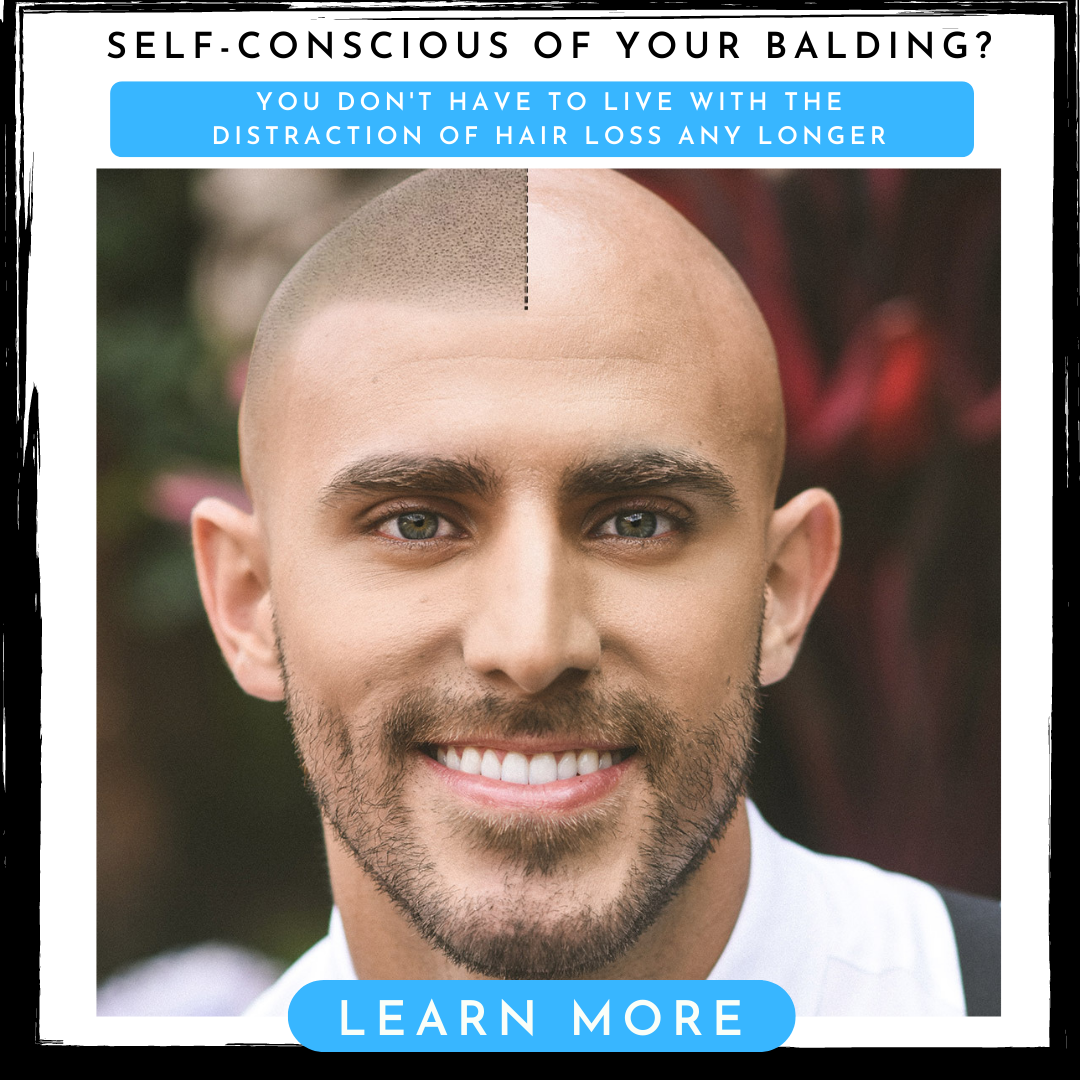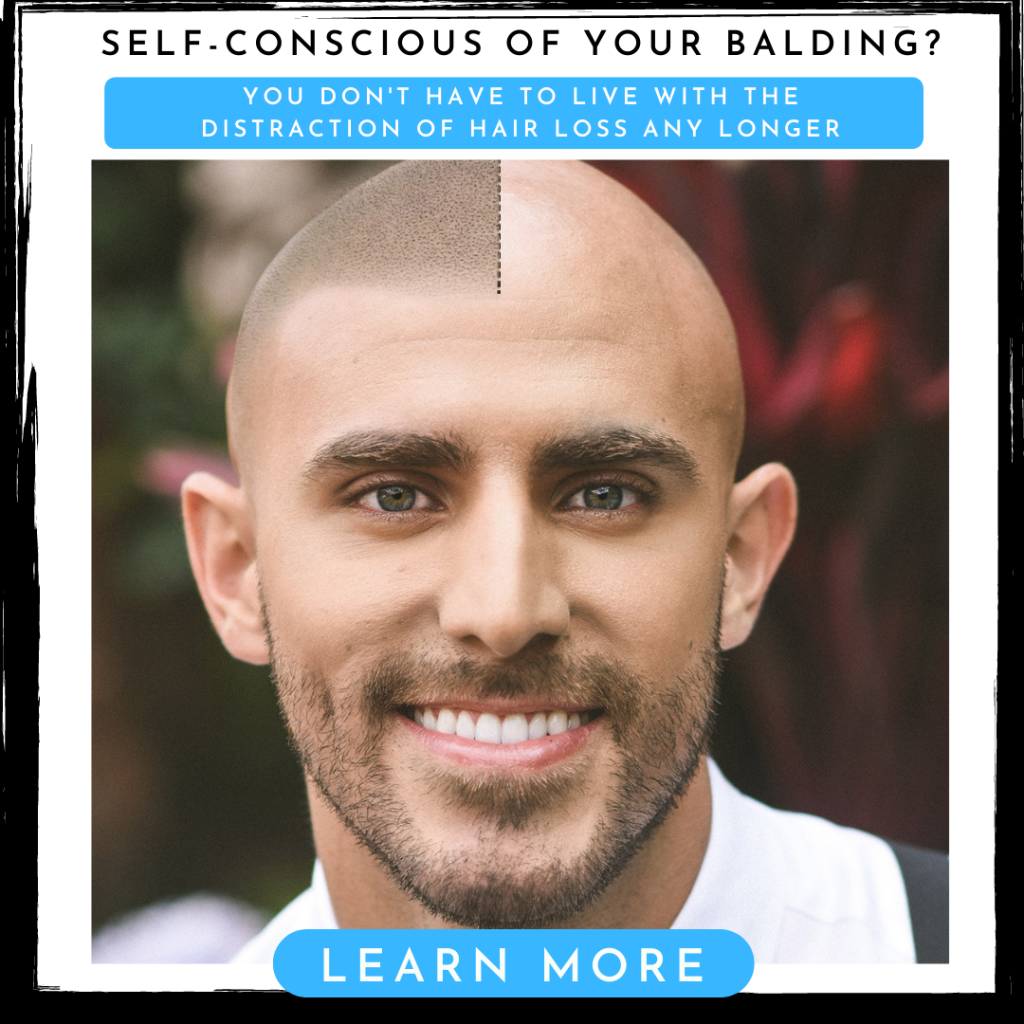Let’s face it, we live in a world where our attention is constantly being vied for at every corner we turn. From constant notifications on our smartphones, ranging from mobile games which requires you to log in daily for objective completions to keeping up with our social media feeds. I’m sure many of you have glanced around during your lunch breaks and noticed… pretty much everyone that is chomping down their food is occupied with their phone while being completely oblivious to their surroundings (I’m probably one of the people that you’ve seen doing this).
If you are anything like how I am, I have a really bad habit of just stuffing food down my throat without much thought. I eat because it makes me feel good, but many times I would overstuff myself which would put me in a food coma where I would wake up feeling bloated like I was the Stay Puft Marshmallow Man. Often times, to add insult to injury, I would sit on the couch and Netflix binge with the sudden realization that I had just eaten a week’s worth of food in what seemed like a blink of an eye.

So one day I asked myself… when was the last time I was completely present while eating my food? Simply sitting there completely immersed by the experience of just enjoying my meal? No technology, no being consumed with thoughts of what I have to do or what I should’ve done. When have I just… marveled at the presentation of my meal (I wouldn’t do it too long or else people might think you’re a bit cray-cray, but then again why should you care?), the taste, the texture, the scent of it?
Sure, it sounds weird if you’ve never done it before and are so used to the habit of mindlessly eating. But from what I’ve researched… this is the essence of mindful eating and with it comes a lot of benefits to reap.
Table of Contents
This is one of many Buddhist concepts of mindfulness and no, you’re not required to leave your faith in order to practice it. Mindfulness is the practice of bringing your awareness into the present moment. It happens all too frequently where our monkey brain is constantly bombarding us with endless streams of thoughts. Thoughts about what happened in the past and what we need to do in the future and for many of us, this puts us in a state of anxiety. Practicing mindfulness pulls our attention away from these waterfalls of anxious thoughts and allow us to just simply be in the moment.
By the same token, mindful eating is a meditative exercise that involves the practice of maintaining your attention in the present moment while eating… Simple enough? Sure, but it will take some practice to make it a part of yours and my eating habits.
To expand on this, mindful eating is purposely paying attention & placing your awareness on the food you’re eating with each bite or sip that you take. Being completely “in the moment” and objective while you’re consuming your meal. Contrary to what many people are suggesting on the topic of mindful eating, it really has nothing to do with caloric intake. But more so about being completely focused on being in the here and now (beating a dead horse here) and enjoying the experience of eating.
Losing weight is not the purpose of practicing mindful eating, however, many people do end up losing weight as a byproduct of this practice because they take their time savoring their meals. The slower pacing of your mandible mechanism and overall eating allows for your body to hit that sated feeling without feeling like you’ve overstuffed yourself (yeah yeah). As we have all heard by now, the signal of feeling full being sent from our stomach to our brain typically takes about 20 minutes (chuckling at Louis CK’s standup bit about this) to kick in.
Louis CK Stand Up On Stomach Signal For Fullness
- Before you even begin, ask yourself if you’re physically hungry or are you eating for another reason (bored? stressed? emotional?)
- Find a place where you can sit down without distractions (turn off the tv & no playing with ur phone)
- Before eating the food that’s in front of you, try to notice everything you can about it… The texture, color, smell, etc.
- Now use your sense of touch (bare hands or eating utensils are fine) and become aware of how the food feels. Is it rough or soft? Wet or dry?
- Be curious about where the food may have come from, who and what was involved in the entire preparation process (I usually take a few seconds in my head to thank all that was involved)
- Slowly begin eating and be aware of the sensations of how the food feels & tastes in your mouth.
- Take your time chewing (chew often) and immerse yourself in the experience of eating, notice the changes in the texture & flavor and be present with the swallowing process… take it all in and stay in the moment.
- End up eating less and losing weight
- Reduces the tendency to overeat
- By eating slower, you’ll feel full faster
- Ability to enjoy your food more by savoring the taste of all the flavors
- By chewing often you aid the digestion process
- A newfound appreciation for food
- Awareness of the effects that certain foods will have on you (mentally and physically)
- An acute awareness of our sense of feeling full and gaining portion control
We live in an Age of Distractions where our attention span is diminishing with the advent of the next wave of technological advances. It becomes an uphill battle for our concentration between that and our own racing thoughts (60,000 to 80,000 thoughts a day!). So the next time we sit down to eat our meal, I encourage you all (and a reminder to myself) to practice the ancient art of mindful eating. Taking a little slice of time out of our day to just simply be in the present moment and truly enjoy the experience with our meal. By being mindful in one area of our life, it’ll also have a spillover effect onto other facets of our lives that will promote joy, appreciation, presence and a greater sense of wellbeing.









